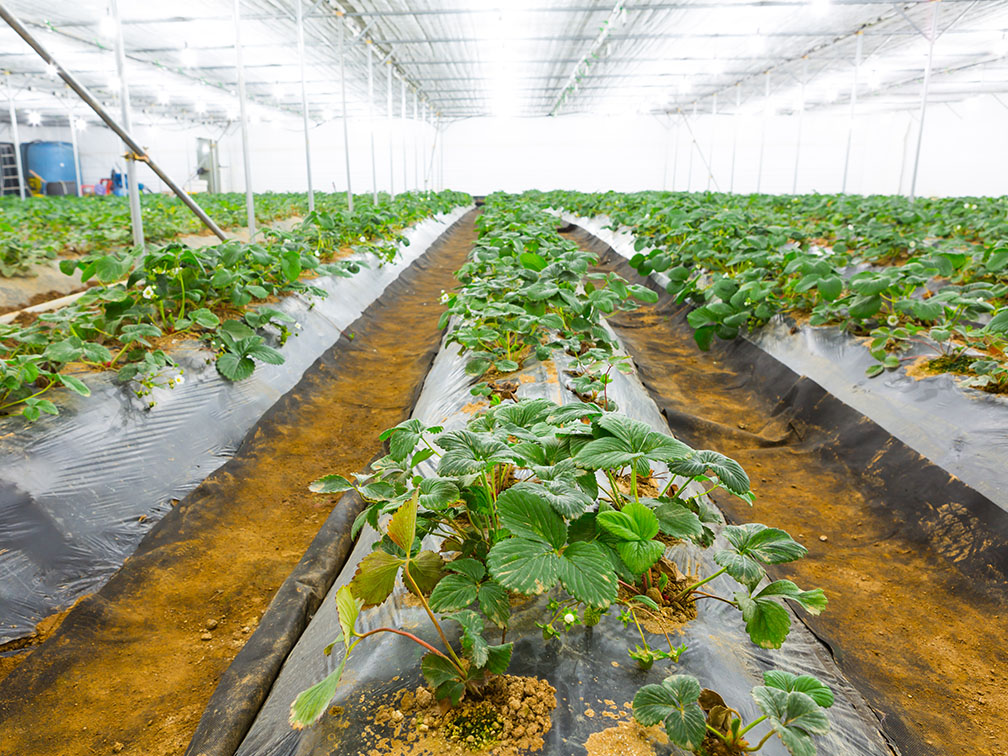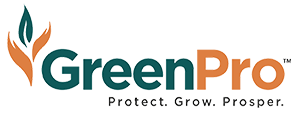Comparing Hydroponics and Soil Cultivation: Pros and Cons

In the ever-evolving landscape of agriculture, two cultivation methods have been making waves: traditional soil cultivation and innovative hydroponic systems. Both approaches have their unique advantages and disadvantages, catering to different needs and preferences of farmers.
We will dive deep into the world of hydroponics and soil cultivation, comparing their pros and cons to help you make an informed decision for your farming endeavours.
1. Hydroponics: The Futuristic Farming Frontier
Pros:
a. Water Efficiency: Hydroponics is renowned for its water-saving capabilities. By delivering nutrient-rich water directly to the plant roots, hydroponic systems use significantly less water than traditional soil cultivation methods. This efficiency is especially crucial in water-scarce regions, making hydroponics a sustainable choice.
b. Faster Growth Rates: Plants grown hydroponically often mature faster than their soil-grown counterparts. With a precisely controlled environment and direct access to nutrients, hydroponic plants can focus their energy on growth, leading to quicker harvest cycles.
c. Space Utilization: Hydroponic systems can be vertically stacked, maximizing the use of limited space. This vertical farming approach is a game-changer in urban areas, allowing farmers to cultivate crops in compact environments, making the most available space.
Cons:
a. Initial Investment: Setting up a hydroponic system requires a significant initial investment. High-quality equipment, lighting, and nutrient solutions can be costly. However, many farmers find that the long-term benefits outweigh the initial expenses due to increased productivity and reduced resource usage.
b. Technical Expertise: Hydroponic farming demands a certain level of technical expertise. Proper knowledge of nutrient solutions, pH levels, and system maintenance is crucial. Novice farmers might face a learning curve when transitioning to hydroponics.
2. Soil Cultivation: Rooted in Tradition
Pros:
a. Natural Nutrients: Soil is rich in natural nutrients that promote plant growth. It provides a holistic environment for plants, supporting their nutritional needs and offering a habitat for beneficial microbes. Soil-grown plants often have a distinct flavour profile due to the diverse range of nutrients they absorb.
b. Lower Initial Cost: Traditional soil cultivation methods generally have lower initial costs than hydroponics. Farmers can start with basic tools and equipment, making it an accessible option for beginners or those with limited budgets.
c. Forgiving Nature: Soil acts as a buffer, providing stability and forgiveness in case of minor watering or nutrient management errors. This forgiving nature can be beneficial for novice farmers who are still honing their skills.
Cons:
a. Limited Space Utilization: Soil cultivation requires horizontal space, limiting its potential in urban environments where space is a premium. It can be a significant drawback for those looking to maximize their farming output in confined areas.
b. Water Usage: Due to evaporation and runoff, traditional soil farming methods often require more water than hydroponics. In regions facing water scarcity, this can be a significant concern.
c. Slower Growth Rates: Plants grown in soil might take longer to mature than their hydroponically grown counterparts. The indirect access to nutrients in soil can slow down the growth process.
Choosing between hydroponics and soil cultivation ultimately depends on your specific goals, resources, and expertise. Hydroponics offers efficiency, rapid growth, and space optimization but demands a higher initial investment and technical know-how.
On the other hand, soil cultivation provides natural nutrients, forgiving qualities, and lower initial costs but is limited by space and can be water-intensive.
As agriculture continues to evolve, the synergy between these methods might offer the most promising future. Some farmers opt for a hybrid approach, combining the best of both worlds to create sustainable, productive, and innovative farming systems. Whatever your choice, embracing the diversity of cultivation methods with GreenPro Ventures can pave the way for a greener, more abundant future in agriculture.
Happy farming!
